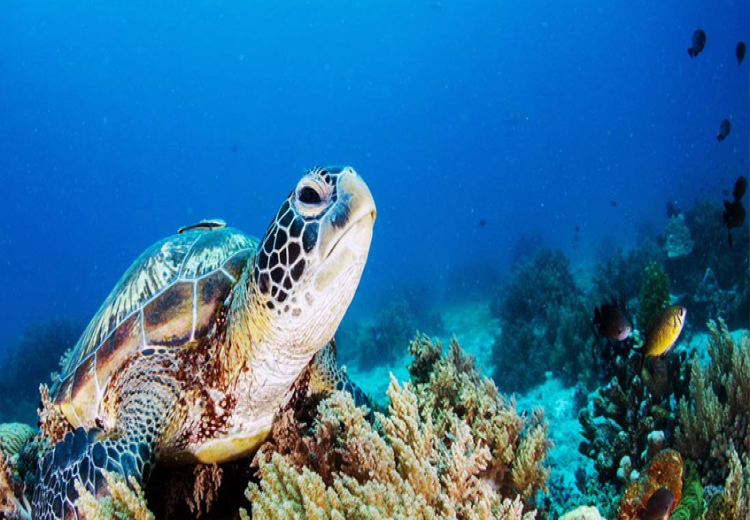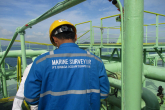Meteorologist
Key tasks:
• Weather Forecasting.
• Data Analysis.
• Computer Modelling.
• Observational Techniques.
• Severe Weather Prediction.
• Climate Research.
• Environmental Impact Assessment.
Entry requirements/training:
Meteorology is a degree programme and therefore you will need to meet the university requirements for the programme. Meteorology requires a strong scientific and mathematical mind. You must have a strong scientific aptitude and be interested in the oceans, the marine environment and weather. Good personal judgment and a strong sense of responsibility are needed to “stay the course” in what is a challenging and highly specialised career path. Before embarking on this long professional career, it is a good idea to get vacation or part time work at a weather bureau or airport to decide if this is the career for you or meet a professional meteorologist and talk to them about their career path.
As a marine meteorologist you could find work with a weather bureau, the SA Navy, the CSIR or a university. Offshore drilling operations may also need a marine meteorologist and the Marine Rescue Co-ordination Centre (MRCC) will need someone to assist with weather mapping in the event of a disaster at sea.
Associated job opportunities:
Professionals with a background in meteorology can find associated job opportunities across various sectors. Here are some potential roles and associated job opportunities related to meteorology:
• Broadcast Meteorologist
• Climate Analyst
• Research Scientist (Meteorology)
• Weather Risk Analyst
• Environmental Consultant
• Renewable Energy Analys
• Aviation Meteorologist
If you decide you do not want to specialise in marine related weather, you could also find work at forecast offices at airports and air force stations. Meteorologists also assist vessel operators chart optimum courses for their vessels to avoid excessive sea conditions and adverse weather without delaying the vessel unnecessarily.




